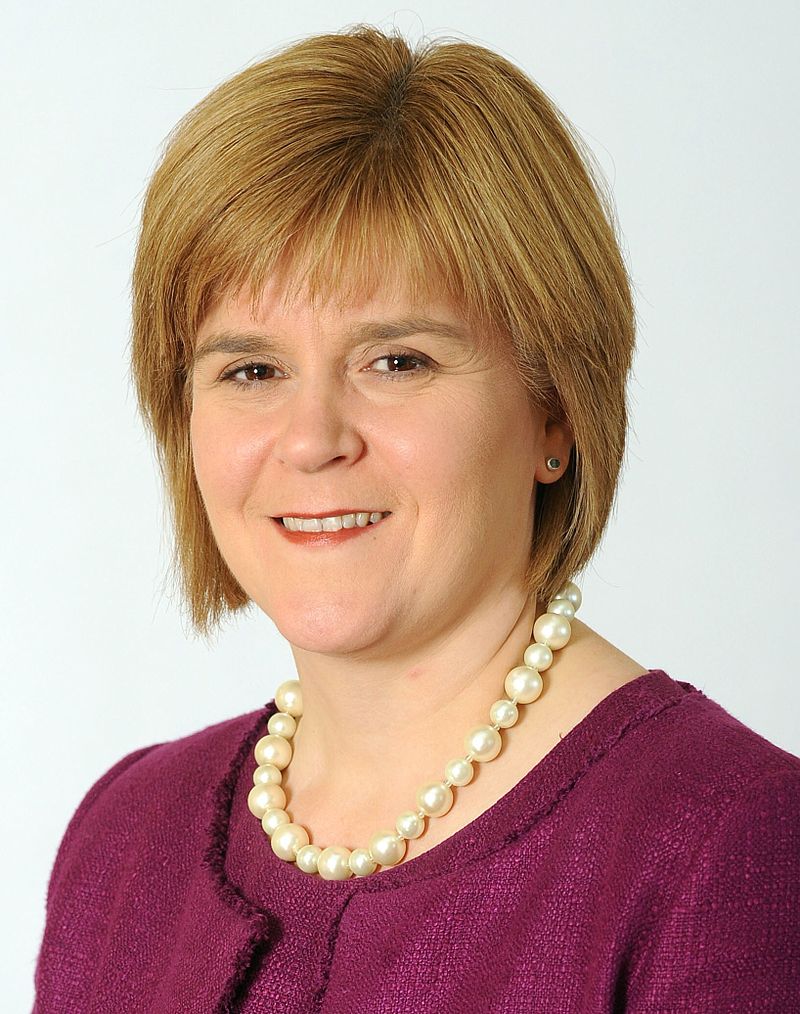Frank Field – 2015 Parliamentary Question to the HM Treasury
The below Parliamentary question was asked by Frank Field on 2015-10-27.
To ask Mr Chancellor of the Exchequer, with reference to lines 41 and 42 of Table 2.1 of the Summer Budget 2015 Red Book (HC 264), page 73, what the savings to the public purse would be if those measures were to be applied only to households that are not currently in receipt of tax credits or universal credit.
Damian Hinds
This Government is committed to moving from a high welfare, high tax, low wage economy to a lower welfare, lower tax, higher wage society. As the Chancellor made clear on [Monday / 26 October], the Government will set out at Autumn Statement how we plan to achieve the same goal of reforming tax credits, saving the money we need to save to secure our economy, while at the same time helping in the transition.
The Summer Budget offered a new deal for working people. A new National Living Wage for workers aged 25 and above, initially set at £7.20 per hour from April 2016, will directly benefit 2.7 million low wage workers, and up to 6 million could see a pay rise as a result of a ripple effect up the earnings distribution. The new National Living Wage will boost pay for those currently earning the National Minimum Wage by £4,800 a year by 2020 when the National Living Wage is expected to rise to over £9 per hour.
To help working families keep more of what they earn, the personal allowance will increase to £11,000 in 2016-17 and £11,200 in 2017-18. The government has committed to increase the personal allowance to £12,500 by 2020 which will mean that a typical basic rate taxpayer will see their income tax cut by £1,205 a year compared to 2010.
The government set out its assessment of the impacts of the Summer Budget policies in the Welfare Reform and Work Bill on 20th July 2015.



